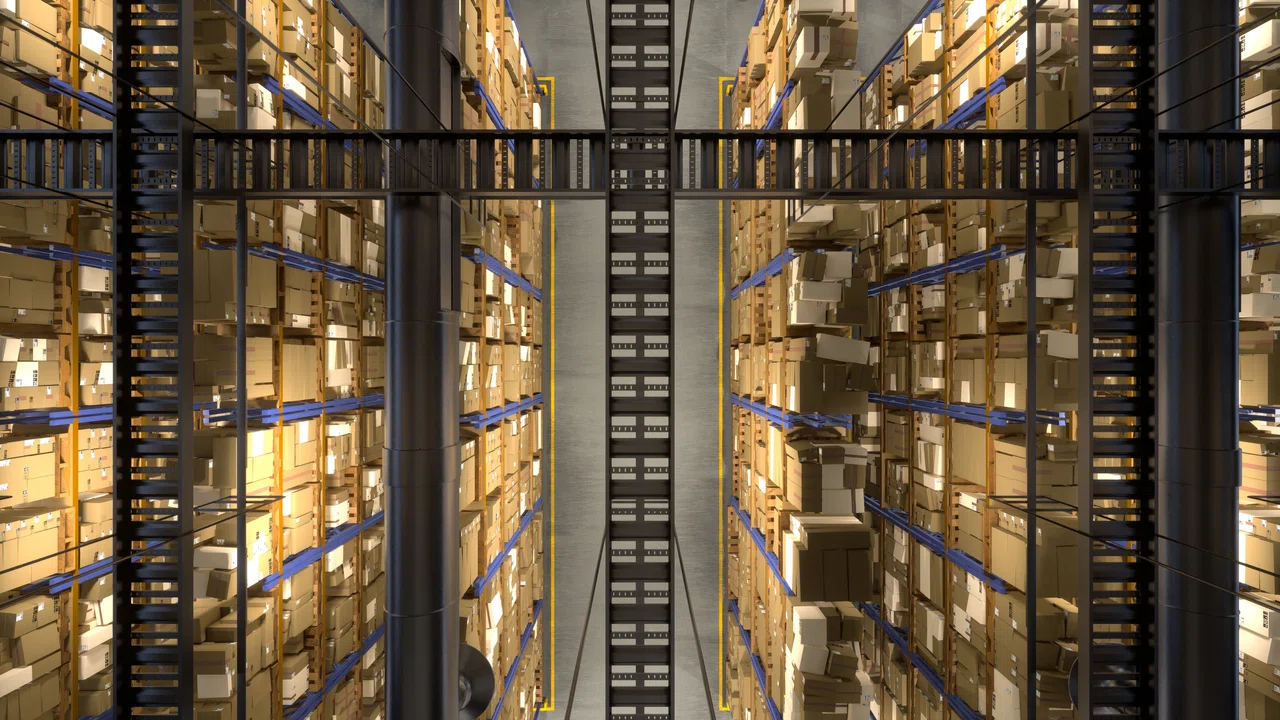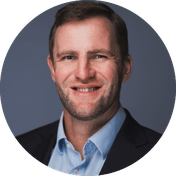

Close
result
Seeking truth in global supply chains
Stew Whitehead,
Caroline Scotter Mainprize
5 min read

The CSA interviews Stew Whitehead about Oritain, the CSI of global supply chains, and making change in a science-based enterprise.
Is that Egyptian cotton really from Egypt? Was that Colombian coffee made from beans actually grown in Colombia? Can we be sure that the new designer sportswear we’re stocking is not using cotton grown in countries where the use of forced labour is a known risk?
Like other deep-tech companies and university spinouts based on scientific innovation, Oritain came into being after years of academic research and multiple peer-reviewed journal articles. It started with the science and the intellectual property, and became a company when the founders realised how the science could be commercialised and solve a problem the market needed – so, in a sense, the opposite of traditional tech companies which tend to start with an idea about disrupting existing businesses processes and markets.
Oritain’s work started in the food industry, helping brands protect themselves against misrepresentation and what Stew described as ‘origin fraud’: local Chinese lamb masquerading as the higher premium New Zealand lamb in Chinese supermarkets, for example. It then expanded to work with brands in fashion and textiles, where issues include the need to verify that cotton has not been grown in ’risk origin’ countries, where cotton is grown and harvested using forced labour.
As Chief Transformation Officer he sees his role as focusing the innovative energy within the company and keeping it on track. ‘I’m constantly asking what is our North Star? What is our guiding principle? And then making sure that all innovation ties back to our strategic pillars. Because it's all very well encouraging innovation, but if it’s not aligned to our overall vision and strategic pillars then we might run the risk of innovating on the wrong things, and therefore wasting time, resources and energy.’
In fact, he notes that in the early days of the organisation, ‘We were quite good at chasing every opportunity, but when you do that you’re often not focused, you're spread very thin, and you often don't finish things.’ Highly creative organisations need someone to hold them to account.
‘I'm not going to claim that we’ve already nailed the formula: we’re only just starting out on this journey,’ he says. ‘But we can already start to see the benefits of focus and alignment – and, crucially, the ability to say “no” to ideas that do not fit.’
Knowing exactly where the materials come from that make up our food and fashion products is about more than a flex for consumers. Getting it wrong can damage brand reputations and destroy trust – even land companies on the wrong side of the law or face an expensive lawsuit.
So how do companies go about verifying the origins of their products and raw materials? Those in the know consult the science and technology company Oritain, which was founded in 2008 as a spin-out from the University of Otago in New Zealand, and which is now reinventing itself under new CEO Alyn Franklin and new Chief Transformation Officer and former chief of staff Stew Whitehead.
Oritain is both fascinating in terms of what it does and as a case study of creating and scaling a science-based, deep tech business. It uses forensic science – the type used in homicide investigations and narcotics cases – to test materials for the unique blend of soil composition, climate, altitude, precipitation and other environmental factors that reveal the details of a product’s origin – which it calls an Origin Fingerprint. This means that Oritain can pinpoint the exact source of any organic material, and whether it originates from ethical sources, or not.
‘Global supply chains can be opaque; and there is a growing demand for brands to be able to prove sustainability and ethical labour practices throughout,’ said Stew. ‘More recently, with the disruption caused by changing tariffs and by sanctions imposed on different countries, we have enormous potential to offer our services in other areas, such as critical minerals. People want to be able to prove where the silicon in their solar panels has come from, or the rare earth materials that go into making iPhones.’
As a result, with a new CEO and a reorganised leadership team, Oritain is gearing up to launch ‘our 2.0 version of ourselves,’ with a transformational three-year plan and the aim to continue to expand and diversify its offering while keeping to its core identity as a science and technology company. Since samples have to be physically collected and examined in a lab under controlled conditions, scaling is not a simple matter, but the company plans to innovate by moving from a more traditional professional laboratory service to a tech-based subscription service. Stew has been promoted to oversee that process as Chief Transformation Officer.
He is aware, however, that there is a fine line between introducing discipline and rigour to the process and stifling innovation altogether. ‘For me it's really just trying to bring a bit of law and order to that creative, innovative process. That's the key part that I play. And I would probably be playing that role even if I were still wearing my chief of staff hat rather than my chief transformation officer hat. The difference is that my neck would now be on the line for not asking those question, whereas as a chief of staff it would be more about having those conversations privately with the CEO behind the scenes, rather than in front of the full executive team or the whole organisation!’

Author Bio
Stew Whitehead
Chief Transformation Officer at Oritain
Stew joined Oritain in 2016 and has held several key leadership roles across the business, including leading Operations in New Zealand, Global Head of Client Success, and Chief of Staff to the CEO. Now based in London, Stew is responsible for driving company-wide governance and transformation, supporting Oritain’s strategic and operational priorities.
He holds a Law and Commerce degree from the University of Canterbury, New Zealand, as well as executive qualifications from Saïd Business School, University of Oxford, and Harvard Business School.









